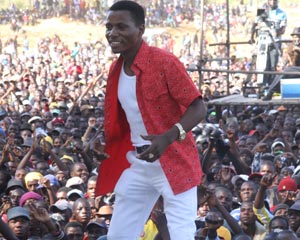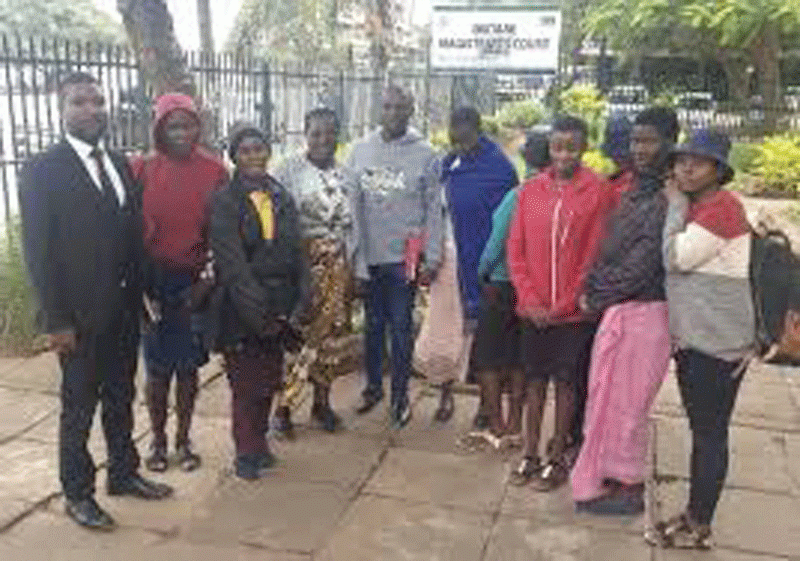
In the mid-1980s, a Methodist Church reverend told a congregation in Mt Darwin about how he was often disappointed to hear his four-year-old son singing a secular song.
Report by Godwin Muzari
Besides being a secular song, the lyrics were extreme: ramba murume tinwe hwahwa, ndigokutengera chingoto . . . uyu chake uyu chake (dump your husband and I will buy you a mug of beer. I will buy mine and I will buy yours).
To the young boy’s tender mind, the lyrics meant nothing beyond the beerhall duke box speakers from which the tune blurred almost every day.
The reverend’s residence was adjacent to the district church that stood across a council beerhall. The two buildings were separated by a market and bus terminus — hardly 400 metres apart.
So, the young boy could easily pick the lyrics from the loud juke box music as he slept in his room late in the night or early in the morning when darkness silenced every other sound except from the nightlife.
The reverend had every reason to worry because the young boy’s mind absorbed council bar music at a rate that stiffly competed with his capacity to grasp hymns.
The reverend was my uncle. He is late and the son, Isheunesu, now has a good job in New Zealand.
- Chamisa under fire over US$120K donation
- Mavhunga puts DeMbare into Chibuku quarterfinals
- Pension funds bet on Cabora Bassa oilfields
- Councils defy govt fire tender directive
Keep Reading
Isheunesu does not drink beer. Even if he did, he would hardly find anyone to understand the lyrics of his favourite childhood song. Even if he found someone, he would not be able to get chingoto in New Zealand.
The reverend’s worry about the conflict between secular and gospel music and how far apart they should be maintained, has become a topical issue in the current waves of our music industry. The gap between the two genres is gradually closing. The reverend probably wished the church and the bar were far apart. He could have wished there were more structures than the market and the bus terminus.
But today, the interaction between gospel and secular music has thinned. It could symbolically be likened to the thin Park Lane that separates Presbyterian Church from Aquarium Bar in Crowne Plaza hotel in Harare, far thinner than the market and the bus terminus.
When the likes of Jordan Chataika, Shuvai Wutaunashe and Mechanic Manyeruke took up gospel music, it was unheard of to collaborate or share the stage with a secular musician. Having a gospel musician playing in a bar was beyond the wildest of imaginations. Hosiah Chipanga did it and he was heavily criticised. He had to pen a song to defend his actions.
But in this era, we hear Pastor Charamba is assisting Peter Moyo with vocal lessons. We read that Fungisai Zvakavapano-Mashavave is defending her performances in a pub. We have seen Fungisai collaborating with Oliver Mtukudzi and many gospel musicians sharing the stage with their secular counterparts.
While the collaborations, shows and joint projects can be left to personal discretion, it is a fact that musicians in these genres have developed a commendable leniency for each other.
The realisation that they are all artists before they can be classified in various genres has lessened the potential of hypocrisy and accusations of blasphemy among our musicians.
The admission that religious beliefs are matters of the spirit before they become manifestations on public platforms could have made it easy for musicians to work together.
Maybe that explains why Leonard Zhakata goes to play at Holly’s Hotel after attending a service at Emmanuel Makandiwa’s church.
It could also explain why Ivy Kombo dated Pastor Admire Kasi behind her husband’s back. Talk of music, personality and religion!











